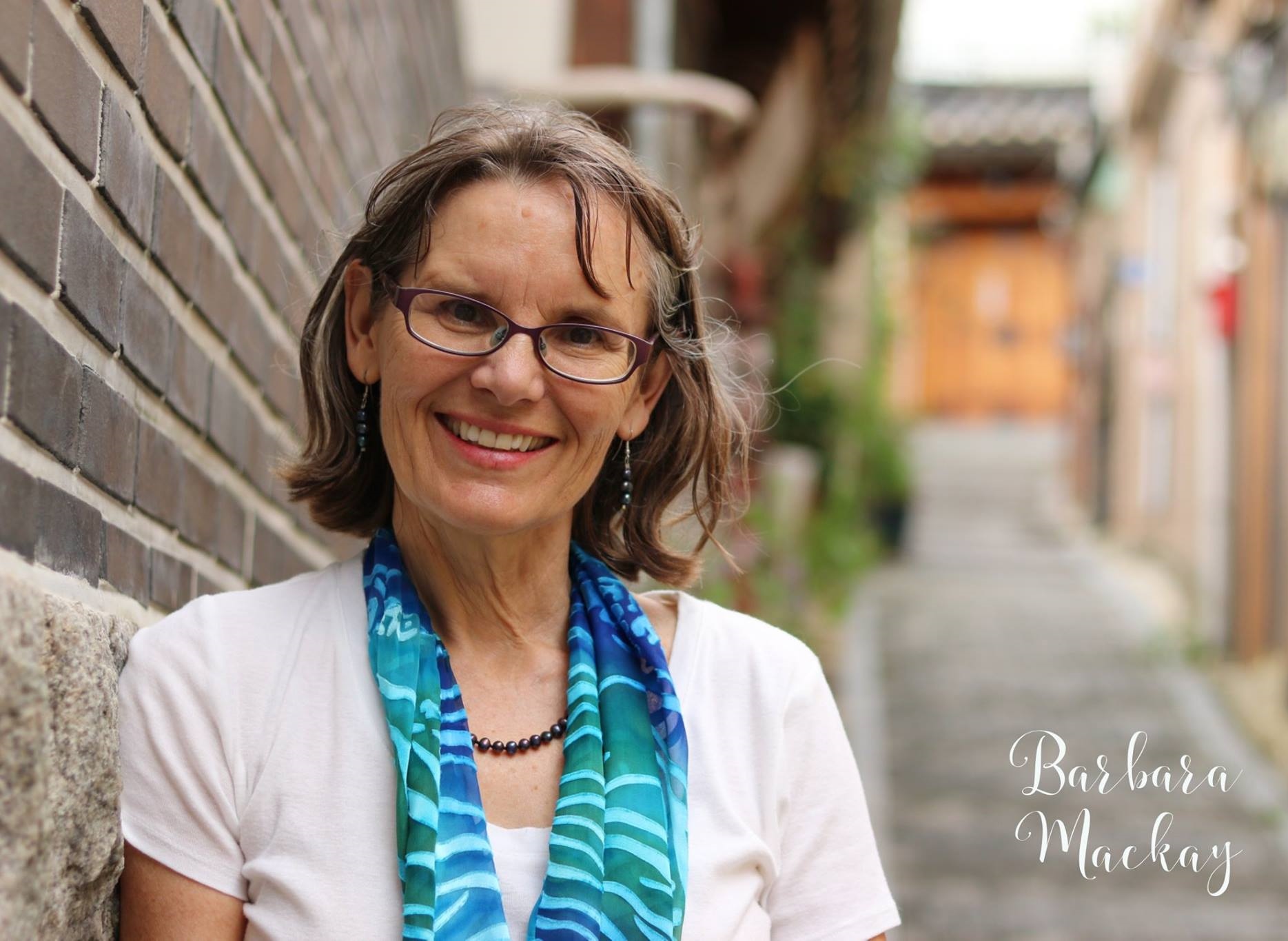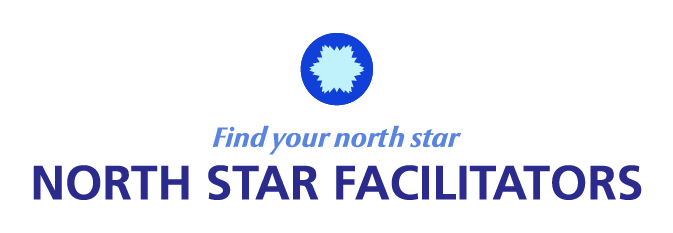The Motherload (Ultimate) of All Interview Techniques

Last week, I co-faciltiated a large group event where I did not use any of my usual tools. We designed something that was completely different from anything I’ve done in my last 20 years. It was so much fun. I think it is a good practice every once in a while to challenge yourself to try different tools and take on what might seem like a very difficult challenge.
P.S. The photos in the banner are from my Haida Gwaii trip in early September that I blogged about last time. We caught Coho and Chinook salmon!
In this blog, I am going to share the design we used and particularly focus on one of the tools which was given to me by an IAF colleague, Tony Nash, many years ago. It was freely given and so I would like to offer you all of the templates and helpful aids to go with this tool. I would also like to credit one of my Portland area colleagues, Carol Turner for helping prepare some of the templates that go with this tool. The tool or technique is called The Interview Matrix. It is especially useful to use with large groups who have to reflect on a complex problem in a short amount of time.

Click Here to Visit Our Interview Matrix Landing Page
Our Design
What was the context? We had a large group of 45 people. We had over 10 large formal documents to review and revise. We had to make the process fun, interactive and productive. We were not going to ratify the documents at this session but we needed to get much closer to the final documents. There were controversial elements in every document and that is where we decided to use The Interview Matrix. The reason we chose to use this tool at this moment in the agenda included:
-
It was the end of the day and people were brain weary after reviewing so many challenging documents.
-
There were safety and trust issues potentially in talking about this aspect of the documents.
-
We needed to hear every person’s viewpoint and gain as many ideas as possible in a short timeframe.
-
We wanted everyone to feel that their viewpoint had been heard.
Here was our agenda:
-
8:30 – Context, Intros and Icebreaker
- 9:00 – Looking at the Big Picture using the problem reversal technique
- 10:00 – Break
- 10:15 – World Cafe: Mixed table groups review one assigned document each and fill out poster size template with 5-6 questions used for every document
- 12:15 – Lunch and sharing
- 1:15 – Whole group reviews and provides feedback on tone, structure and format of all documents
- 1:45 – Original morning table groups return to integrate all of the input given in the World Cafe a.m. activity/report backs and gut level check from whole group using Kaner’s Gradients of Agreement Scale
- 3:30 – “Appreciating, Acknowledging & Celebrating Our Work” poster activity/Break
- 4:00 – Interview matrix activity to review one specific aspect of all of the documents
- 5:00 – Reflection and next steps
You’ll notice we used the problem reversal technique which we described in our latest free webinar. If you want to know about that technique, please visit our Resource page in a few days to get the free webinar recording.
I would say that we were pretty successful at achieving our aim of getting good products at the end, having the groups thoroughly engaged all day and achieving quite a bit of laughter.
The Interview Matrix Tool
 Here is a brief overview of the tool so that you will know if you’d like to use it in the future. You always need four questions and at least twelve people in your group. I’ve seen this done with groups larger than 100. You’ll need to make sure that your total group number is divisible by four, e.g. 12, 16, 20, 24, etc.
Here is a brief overview of the tool so that you will know if you’d like to use it in the future. You always need four questions and at least twelve people in your group. I’ve seen this done with groups larger than 100. You’ll need to make sure that your total group number is divisible by four, e.g. 12, 16, 20, 24, etc.
- Each person at a table of 4 is assigned a question to ask every other person at the table.
- Begin interviews. (3-5 minutes each)
- When bell rings, rotate to next question until every person has answered each of 4. questions. We’ll let you know who interviews who. (Use PPT instructions). (6 rounds)
- All the interviewers for each question gather to compare notes (20 minutes)
- Report back themes and insights from each question. (2 minutes /question)

